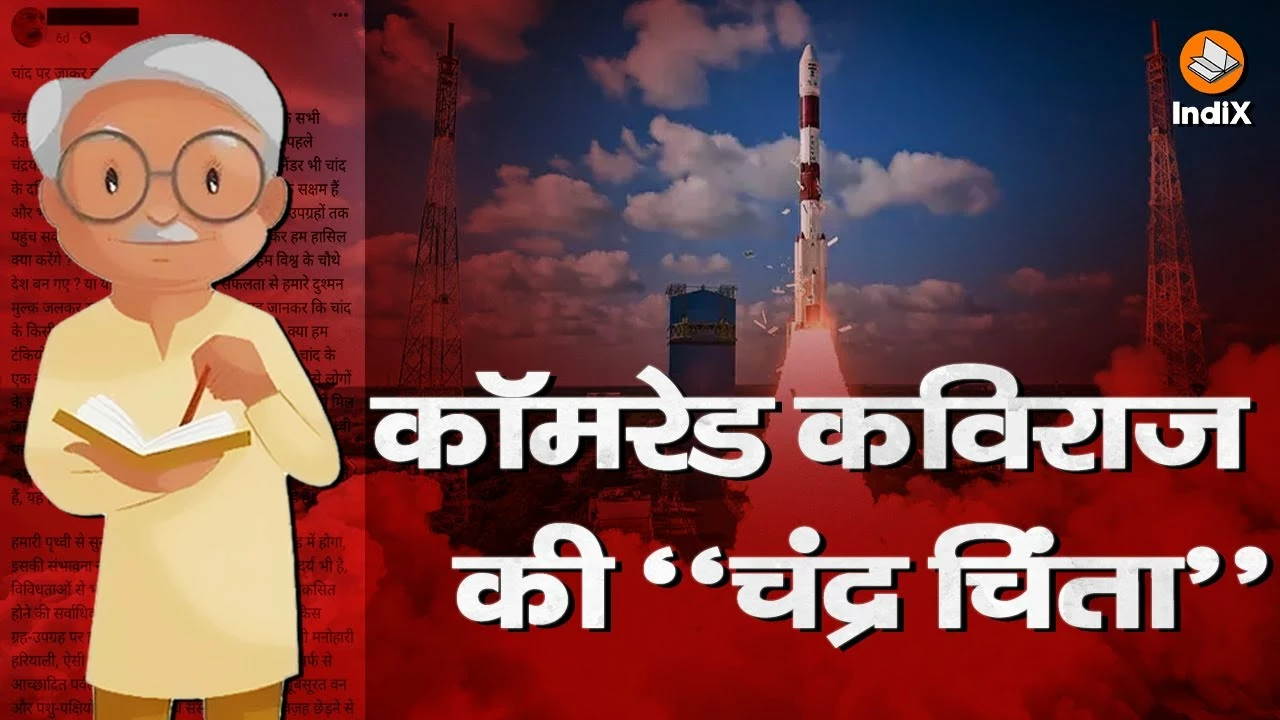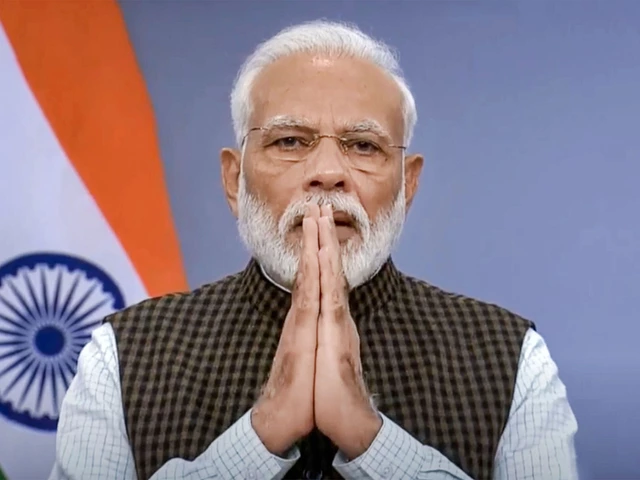Criticism — Smart, practical takes you can use
Good criticism isn't about tearing things down for fun. It's about spotting what doesn't work, saying why, and offering a better way. On this tag you'll find short sharp pieces that test ideas, call out mistakes, and push for change — from policy and politics to technology and everyday life.
You'll see posts that ask direct questions: Do you need certification to be a life coach in Canada? Can a plane leave with only one passenger in India? Why did Spain build missions in California? Those posts dig into rules, risks, and real-life effects so you don't have to guess.
Political criticism is here too — debates about leaders, decisions, and public safety. Articles discuss whether Amit Shah's advice to IPS recruits makes sense, if Modi is the most loved prime minister, or why former J&K interlocutors went to the top court. The tone aims to be clear, not partisan, so you can think for yourself.
How to use this tag
If you want practical insight, start with the question-driven pieces. They break down what rules mean, who benefits, and who loses. Use the tag to track follow-up stories — for instance, articles about literacy improvements in rural India or rising life expectancy link facts with criticism that matters to communities.
Read with a goal: note one fact, one problem, and one possible fix. That method turns reaction into useful action — whether you comment, share, or just change your mind. If a claim looks strong, look for sources mentioned in the post and check them. If something sounds off, share a thoughtful counterpoint rather than a hot take.
Featured topics you'll find
Quick examples: legal and civic issues like police clearance procedures and Supreme Court petitions; social questions such as why people run from accident scenes or what scares Indian men; practical living topics like the average age of cars in India; and service questions like is Air India private or government. Each piece aims to explain the issue, show the stakes, and suggest what could improve.
Want a quick routine for using criticism well? Try this: read the headline and first two paragraphs to get the claim. Then skim for data or names—laws, court cases, officials, studies. If the article cites a study, check the year and sample size before treating the result as settled. When commenting, point to the exact sentence you question and offer a short reason or a fact. Be civil: strong criticism gains readers, insults lose them. If a topic matters to you—road safety, education, or governance—save the post and check back for updates. We often follow stories as new facts emerge, so a saved post becomes a mini timeline you can revisit today.
This tag isn't just complaints. It's analysis with a point: helping you understand complex topics fast. Bookmark it for clear, direct takes on current events and everyday rules. If you want to read smarter criticism, start here, pick a post, and follow the facts — not the noise.

Why don't people who hate India leave India?
In my recent blog post, I delved into the complex issue of why individuals who express disdain for India, don't simply leave the country. I found that many of these individuals face financial constraints or familial obligations that limit their ability to relocate. Additionally, their criticism might also stem from a deep love for their nation and a desire for its betterment, rather than pure hatred. It's also worth noting that voicing discontent can be an essential part of democratic societies, including India. Lastly, the process of immigration is not easy and involves numerous challenges and hurdles, making it not a feasible option for everyone.
CONTINUE READING



